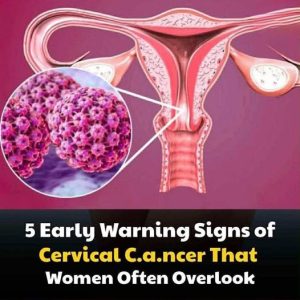For many years, eggs were blamed for raising cholesterol and increasing heart disease risk. In the 1980s and 1990s, they were often avoided for that reason. But more recent research suggests that dietary cholesterol (such as that from eggs) has relatively little effect on blood cholesterol levels for most people. Instead, saturated fats, trans fats, and refined carbs appear to have a much stronger influence on “bad” LDL cholesterol and cardiovascular risk. (Harvard Health)
A large prospective study of over 37,000 U.S. adults found no significant association between egg consumption or dietary cholesterol and mortality from heart disease or all causes. The study observed that beyond a certain threshold (about 250 mg/day of dietary cholesterol), further intake showed only a nonlinear positive association with mortality. Additional reviews and meta‑analyses generally echo the conclusion that egg intake up to about one per day is safe in healthy individuals. (Mayo Clinic) Some research, however, links very high cholesterol or egg intakes to elevated cardiovascular risk—especially in individuals with risk factors like diabetes.
Nutritionally, eggs remain a powerful food: they are a complete protein source and are rich in vitamins (A, D, E, B12), minerals (selenium, phosphorus, folate), and choline—important for brain health and fetal development. (Harvard Health)For the general population, consuming one egg per day is typically considered safe and can even offer benefits like increased satiety, muscle repair, and cognitive support. Yet context matters: how eggs are cooked (fried in butter or served with processed meats) and what accompanies them can influence the health impact. (Mayo Clinic, Harvard Health)





